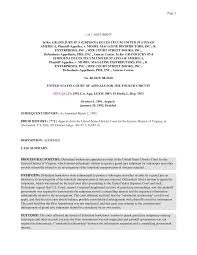The Role and Importance of Grand Juries in the Legal System

Introduction
The grand jury is a pivotal component of the legal system, particularly in the United States, where it plays a crucial role in the process of indicting individuals accused of crimes. Grand juries serve as a check on prosecutorial power, ensuring that there is sufficient evidence before charges are brought against an individual. Recent developments in notable cases have highlighted the importance of grand juries, raising questions about their function and effectiveness in contemporary legal proceedings.
What is a Grand Jury?
A grand jury is a group of citizens convened to review evidence presented by a prosecutor to determine whether there is enough evidence to bring formal charges against a suspect. Typically consisting of 16 to 23 jurors, grand juries operate in secrecy, and their proceedings are not open to the public. This confidentiality allows witnesses to speak freely without fear of repercussions, ensuring a more honest appraisal of the evidence.
Current Events Surrounding Grand Juries
In recent months, grand juries have been in the spotlight due to high-profile cases. One notable example is the investigation into former President Donald Trump, where grand juries have been tasked with reviewing evidence related to alleged misconduct. In July 2023, one of Trump’s grand juries concluded its proceedings without indicting him on state charges, while another federal grand jury continues to explore allegations of mishandling classified documents.
Another significant case is the grand jury’s role in the investigation of police practices following national protests over police violence. These grand juries have been critical in determining whether police actions during protests merited indictments, shedding light on broader institutional issues within law enforcement.
Significance for Citizens
The function of grand juries is vital for protecting the rights of citizens, as their existence prevents arbitrary charges from being levied by prosecutors without sufficient evidence. This process signals a level of accountability within the justice system, ensuring that individuals are not unjustly prosecuted. Furthermore, public understanding of grand juries can influence reform and policy discussions surrounding transparency and the judicial process.
Conclusion
As legal proceedings continue to evolve, the role of grand juries remains integral to maintaining a balance between prosecution and civil liberties. Their importance cannot be overstated, particularly as the nation grapples with issues of justice and equality. It is crucial for the public to stay informed about how grand juries operate and the implications of their decisions, as these proceedings ultimately shape the legal landscape in which we live. Looking forward, grand juries will undoubtedly continue to be a focal point in discussions regarding legal reform and accountability.









